Roy Harper - HQ (Reissue) (1975/1999)
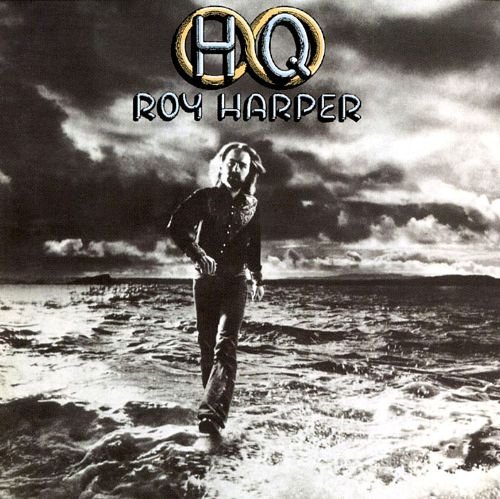
Artist: Roy Harper
Title: HQ
Year Of Release: 1975/1999
Label: Science Friction
Genre: Folk Rock, Acoustic, Psychedelic Rock
Quality: Mp3 320 / Flac (tracks)
Total Time: 01:00:37
Total Size: 165/366 Mb (scans)
WebSite: Album Preview
Title: HQ
Year Of Release: 1975/1999
Label: Science Friction
Genre: Folk Rock, Acoustic, Psychedelic Rock
Quality: Mp3 320 / Flac (tracks)
Total Time: 01:00:37
Total Size: 165/366 Mb (scans)
WebSite: Album Preview
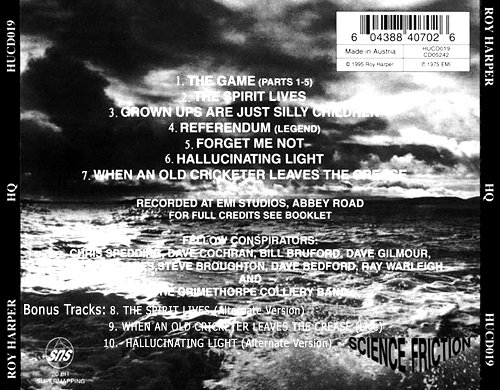
Tracklist:
01. The Game (Parts 1-5)
02. The Spirit Lives
03. Grown Ups Are Just Silly Children
04. Referendum (Legend)
05. Forget Me Not
06. Hallucinating Light
07. When An Old Cricketer Leaves The Crease
Bonus Tracks:
08. The Spirit Lives (Early Mix 23/3/75)
09. When An Old Cricketer Leaves The Crease (Live Exeter 31/10/77)
10. Hallucinating Light (7' Single Version)
Released in 1975 (and known in the U.S. as When an Old Cricketer Leaves the Crease), HQ was the eighth solo album from Roy Harper, and a high-water mark for him commercially and critically (as well as a personal favorite). Harper was already coming off two stellar efforts in Lifemask (1973) and Valentine (1974), which marked yet another artistic peak and his introduction to American audiences. Previous settings of acoustic guitar and orchestration were supplanted by Harper's formation of Trigger, a relatively straightforward hard rock trio anchored by ace guitarist Chris Spedding and former King Crimson/Yes drummer Bill Bruford. (The unit disbanded after this album, however.) Pink Floyd guitarist David Gilmour and Led Zeppelin bassist John Paul Jones are among the other all-star contributors on this album, which gets off to a rousing start with "The Game"'s multi-part critique of modern society and features some hard-hitting guitar passages. "The Spirit Lives" upholds yet another long-running Harper theme of critiquing Christianity and its premises. "Hallucination Light" and "Forget Me Not" maintain the brooding romanticism associated with Harper's earlier work, but it's the last track that should stick longest with listeners. Harper's understated, elegaic ode to life's departures gains power from a blend of string and brass band lines; it remains one of his finest, most enduring compositions. Commercially, Harper's profile remains that of a cult artist, but he surely deserves wider recognition on his own merit. If you only know Harper as an associate of the '70s English rock aristocracy or the shadowy subject of Led Zeppelin's "Hats off to Harper," make this album one of your first starting points.
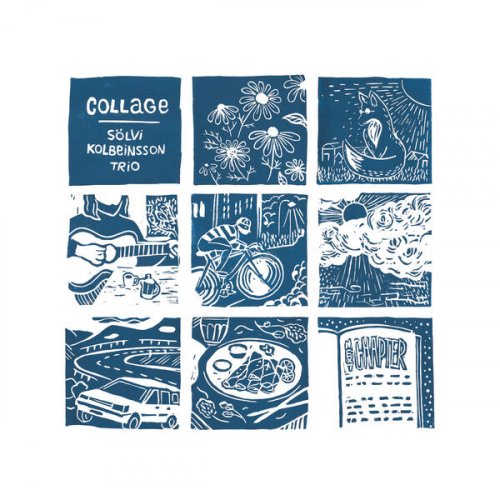
![Cosmic Swing Orchestra - JUL (2025) [Hi-Res] Cosmic Swing Orchestra - JUL (2025) [Hi-Res]](https://www.dibpic.com/uploads/posts/2025-12/1765510492_cover.jpg)
![Koldo Munné & 1520's Ensemble - Live at Jamboree Live Music (2025) [Hi-Res] Koldo Munné & 1520's Ensemble - Live at Jamboree Live Music (2025) [Hi-Res]](https://www.dibpic.com/uploads/posts/2025-12/1765846749_ck2b0xbsb8jna_600.jpg)
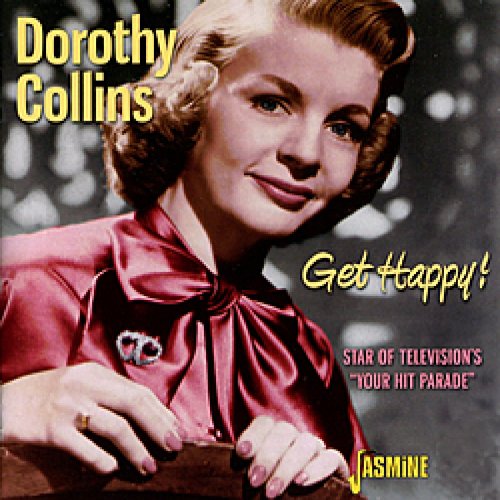
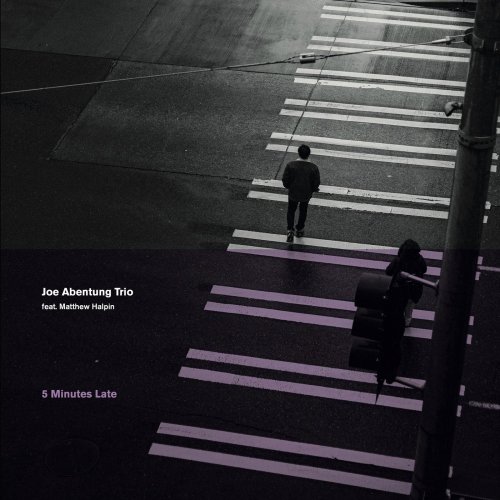


![Amira Kheir - Black Diamonds (2025) [Hi-Res] Amira Kheir - Black Diamonds (2025) [Hi-Res]](https://www.dibpic.com/uploads/posts/2025-12/1765640459_tf7wrmc9lqmqc_600.jpg)
![Marju Kuut - Marju Kuut: Üksi, kuid vabana (2025) [Hi-Res] Marju Kuut - Marju Kuut: Üksi, kuid vabana (2025) [Hi-Res]](https://www.dibpic.com/uploads/posts/2025-12/1765641100_cover.jpg)